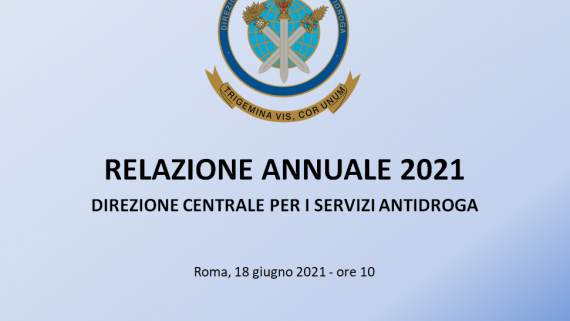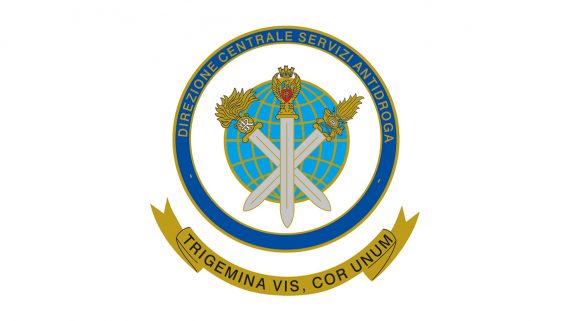Impostazioni Privacy
Scegli quali cookie vuoi autorizzare.
Puoi cambiare queste impostazioni in qualsiasi momento. Tuttavia, questo potrebbe risultare alla susseguente non-disponibilità di alcune funzioni. Per informazioni sull’eliminazione dei cookie, consulta la funzione aiuto del tuo browser.
Ulteriori informazioni sui cookie che utilizziamo.
Con lo slider, puoi abilitare o disabilitare vari tipi di cookie:
Questo sito farà:
- Essenziale: ricorda l'impostazione dei permessi dei cookie
- Essenziale: consentire i cookie di sessione
- Essenziale: raccogli informazioni che inserisci in moduli di contatto, newsletter e altri moduli in tutte le pagine
- Essenziale: tieni traccia di ciò che hai inserito in un carrello della spesa
- Essenziale: autenticare che si è connessi al proprio account utente
- Essenziale: ricorda la versione della lingua selezionata
Questo sito Web non:
- Ricorda i tuoi dati di accesso
- Funzionalità: ricorda le impostazioni dei social media
- Funzionalità: ricorda regione e paese selezionati
- Analytics: tieni traccia delle pagine visitate e delle interazioni intraprese
- Analytics: tieni traccia della tua posizione e regione in base al tuo numero IP
- Analytics: tieni traccia del tempo trascorso su ogni pagina
- Analytics: aumentare la qualità dei dati delle funzioni statistiche
- Pubblicità: adattare le informazioni e la pubblicità ai tuoi interessi in base ad es. il contenuto che hai visitato prima. (Al momento non utilizziamo i cookie di targeting o targeting .
- Pubblicità: raccogliere informazioni personali identificabili come nome e posizione
Questo sito farà:
- Essenziale: ricorda l'impostazione dei permessi dei cookie
- Essenziale: consentire i cookie di sessione
- Essenziale: raccogli informazioni che inserisci in moduli di contatto, newsletter e altri moduli in tutte le pagine
- Essenziale: tieni traccia di ciò che hai inserito in un carrello della spesa
- Essenziale: autenticare che si è connessi al proprio account utente
- Essenziale: ricorda la versione della lingua selezionata
- Funzionalità: ricorda le impostazioni dei social media
- Funzionalità: ricorda regione e paese selezionati
Questo sito Web non:
- Ricorda i tuoi dati di accesso
- Analytics: tieni traccia delle pagine visitate e delle interazioni intraprese
- Analytics: tieni traccia della tua posizione e regione in base al tuo numero IP
- Analytics: tieni traccia del tempo trascorso su ogni pagina
- Analytics: aumentare la qualità dei dati delle funzioni statistiche
- Pubblicità: adattare le informazioni e la pubblicità ai tuoi interessi in base ad es. il contenuto che hai visitato prima. (Al momento non utilizziamo i cookie di targeting o targeting .
- Pubblicità: raccogliere informazioni personali identificabili come nome e posizione
Questo sito farà:
- Essenziale: ricorda l'impostazione dei permessi dei cookie
- Essenziale: consentire i cookie di sessione
- Essenziale: raccogli informazioni che inserisci in moduli di contatto, newsletter e altri moduli in tutte le pagine
- Essenziale: tieni traccia di ciò che hai inserito in un carrello della spesa
- Essenziale: autenticare che si è connessi al proprio account utente
- Essenziale: ricorda la versione della lingua selezionata
- Funzionalità: Ricorda impostazioni di social media Funzionalità: Ricorda regione e paese selezionati
- Analytics: tieni traccia delle pagine visitate e delle interazioni intraprese
- Analytics: tieni traccia della tua posizione e regione in base al tuo numero IP
- Analytics: tieni traccia del tempo trascorso su ogni pagina
- Analytics: aumentare la qualità dei dati delle funzioni statistiche
Questo sito Web non:
- Ricorda i tuoi dati di accesso
- Pubblicità: utilizzare le informazioni per la pubblicità su misura con terze parti
- Pubblicità: consente di connettersi ai siti sociali
- Pubblicità: identifica il dispositivo che stai utilizzando
- Pubblicità: raccogliere informazioni personali identificabili come nome e posizione
Questo sito farà:
- Essenziale: ricorda l'impostazione dei permessi dei cookie
- Essenziale: consentire i cookie di sessione
- Essenziale: raccogli informazioni che inserisci in moduli di contatto, newsletter e altri moduli in tutte le pagine
- Essenziale: tieni traccia di ciò che hai inserito in un carrello della spesa
- Essenziale: autenticare che si è connessi al proprio account utente
- Essenziale: ricorda la versione della lingua selezionata
- Funzionalità: Ricorda impostazioni di social media Funzionalità: Ricorda regione e paese selezionati
- Analytics: tieni traccia delle pagine visitate e delle interazioni intraprese
- Analytics: tieni traccia della tua posizione e regione in base al tuo numero IP
- Analytics: tieni traccia del tempo trascorso su ogni pagina
- Analytics: aumentare la qualità dei dati delle funzioni statistiche
- Pubblicità: utilizzare le informazioni per la pubblicità su misura con terze parti
- Pubblicità: ti consente di collegarti ai siti social. Pubblicità: identifica il dispositivo che stai utilizzando
- Pubblicità: raccogliere informazioni personali identificabili come nome e posizione
Questo sito Web non:
- Ricorda i tuoi dati di accesso
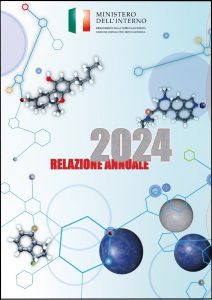 In data 8 ottobre è stata pubblicata la Relazione annuale DCSA 2024 (dati 2023), che approfondisce la situazione del traffico illecito di sostanze stupefacenti e psicotrope in Italia, ma non solo, sulla base dei dati e delle informazioni relative al 2023 – confrontati con quelli degli anni precedenti – forniti dalle Forze di polizia italiane ed estere, con il contributo delle Organizzazioni internazionali e Agenzie impegnate nell’analisi dei fenomeni legati alla produzione, traffico e consumo di sostanze stupefacenti.
In data 8 ottobre è stata pubblicata la Relazione annuale DCSA 2024 (dati 2023), che approfondisce la situazione del traffico illecito di sostanze stupefacenti e psicotrope in Italia, ma non solo, sulla base dei dati e delle informazioni relative al 2023 – confrontati con quelli degli anni precedenti – forniti dalle Forze di polizia italiane ed estere, con il contributo delle Organizzazioni internazionali e Agenzie impegnate nell’analisi dei fenomeni legati alla produzione, traffico e consumo di sostanze stupefacenti.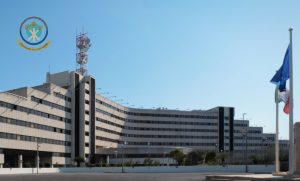 I dati esaminati hanno permesso anche di correlare i danni causati dal traffico di droga con l’aggravarsi dell’instabilità sociale e la devastazione ambientale. Sotto il primo profilo viene rilevato un aumento del tasso di violenza connesso al traffico e consumo di stupefacenti, soprattutto in quei Paesi di produzione e/o transito dove gli assetti della libera convivenza sono più fragili. Allo stesso modo, il proliferare dell’uso di sostanze di natura sintetica, che causano potenti effetti psicoattivi, oltre ad accrescere i danni per la salute, aumenta il rischio di comportamenti aggressivi e violenti. Sotto il secondo profilo, la coltivazione delle droghe naturali in aree territoriali sempre più ampie, attraverso sfruttamento del suolo, deforestazioni ed inquinamento, compromette gravemente l’ambiente e, conseguentemente la salute del Pianeta.
I dati esaminati hanno permesso anche di correlare i danni causati dal traffico di droga con l’aggravarsi dell’instabilità sociale e la devastazione ambientale. Sotto il primo profilo viene rilevato un aumento del tasso di violenza connesso al traffico e consumo di stupefacenti, soprattutto in quei Paesi di produzione e/o transito dove gli assetti della libera convivenza sono più fragili. Allo stesso modo, il proliferare dell’uso di sostanze di natura sintetica, che causano potenti effetti psicoattivi, oltre ad accrescere i danni per la salute, aumenta il rischio di comportamenti aggressivi e violenti. Sotto il secondo profilo, la coltivazione delle droghe naturali in aree territoriali sempre più ampie, attraverso sfruttamento del suolo, deforestazioni ed inquinamento, compromette gravemente l’ambiente e, conseguentemente la salute del Pianeta.





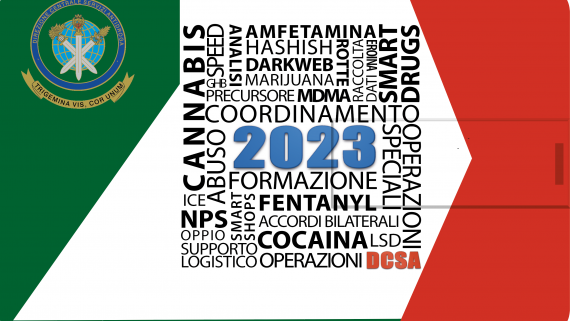
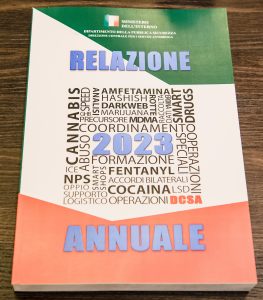
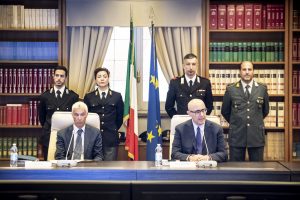

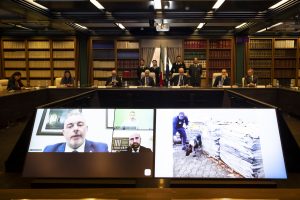
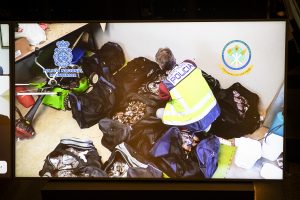
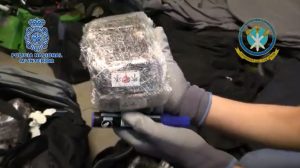
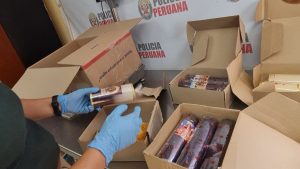
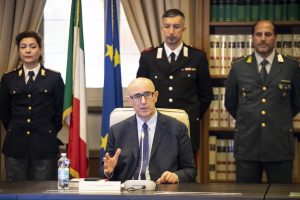
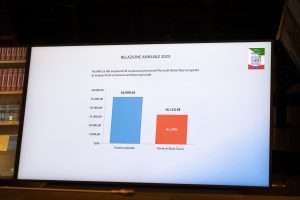
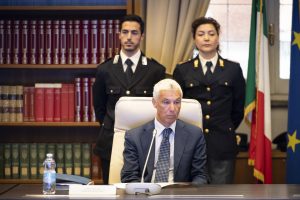 Il Vice Direttore Generale della Pubblica Sicurezza , Direttore Centrale della Polizia Criminale, Vice Capo della
Il Vice Direttore Generale della Pubblica Sicurezza , Direttore Centrale della Polizia Criminale, Vice Capo della 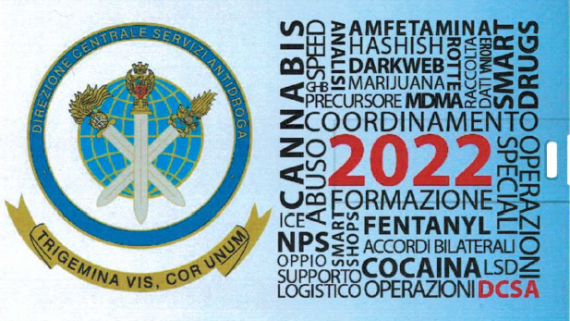
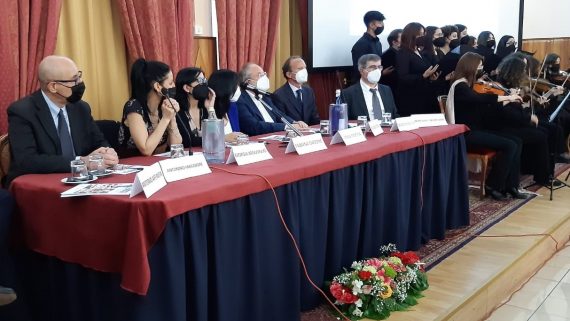
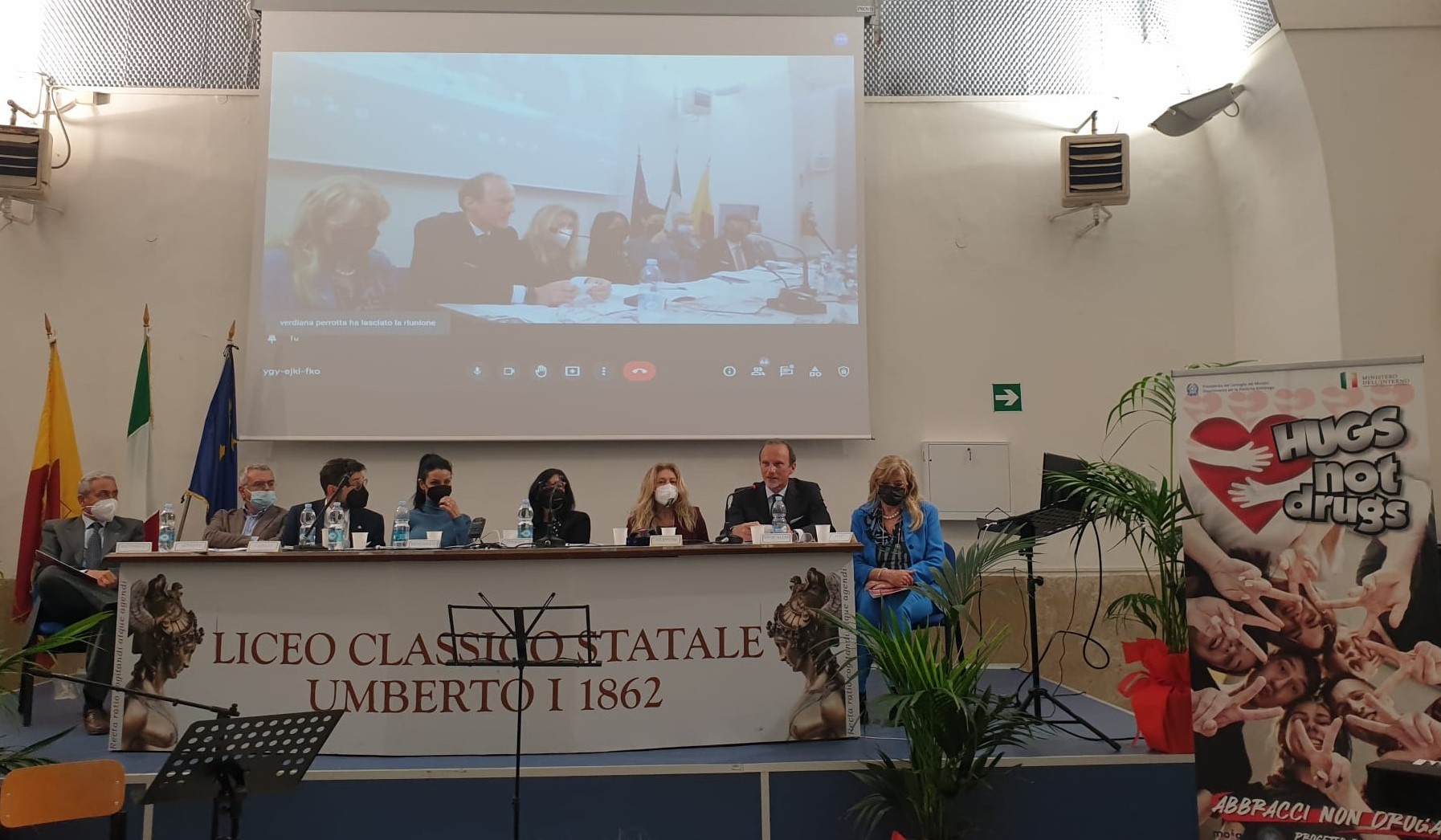
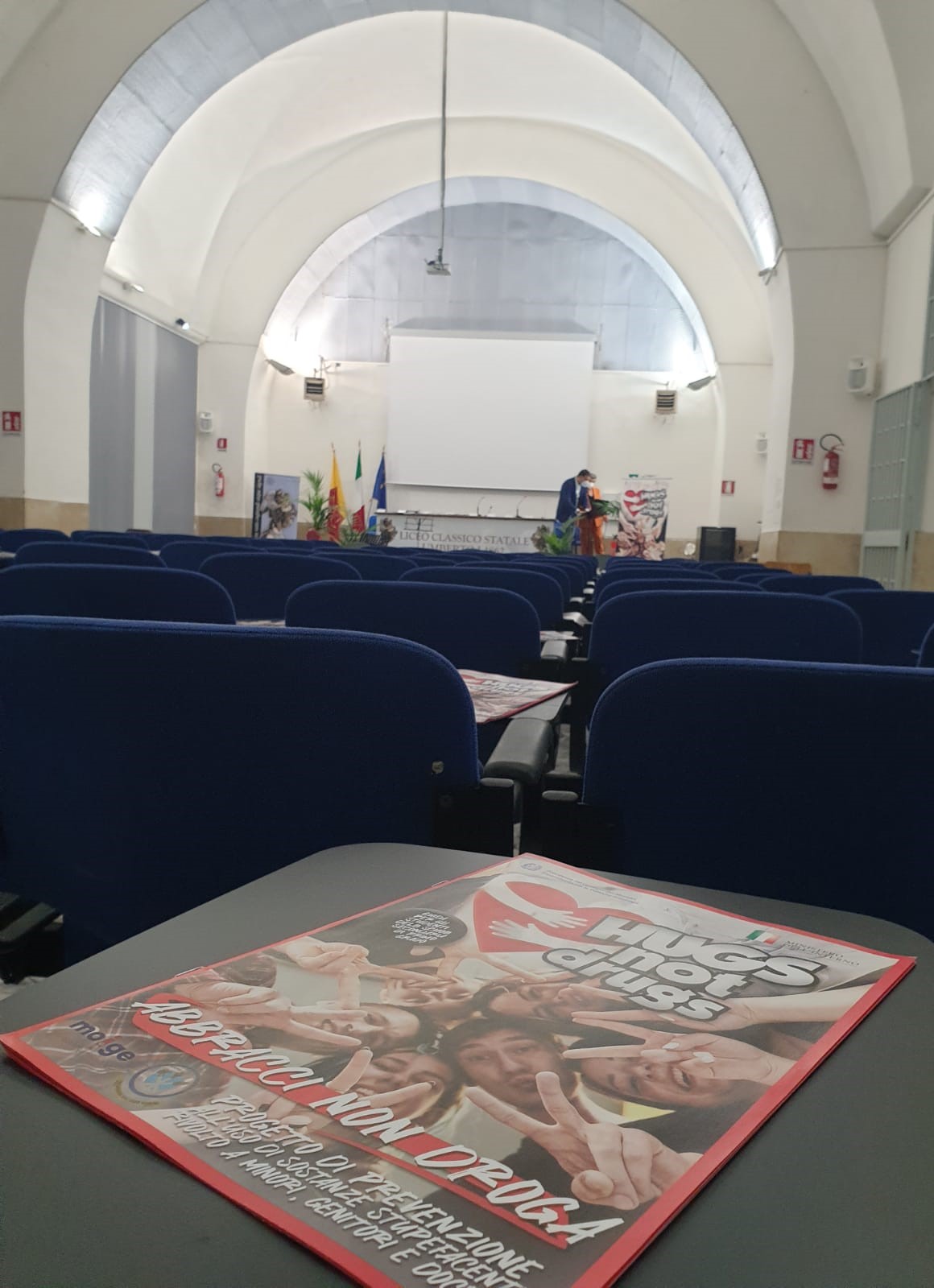
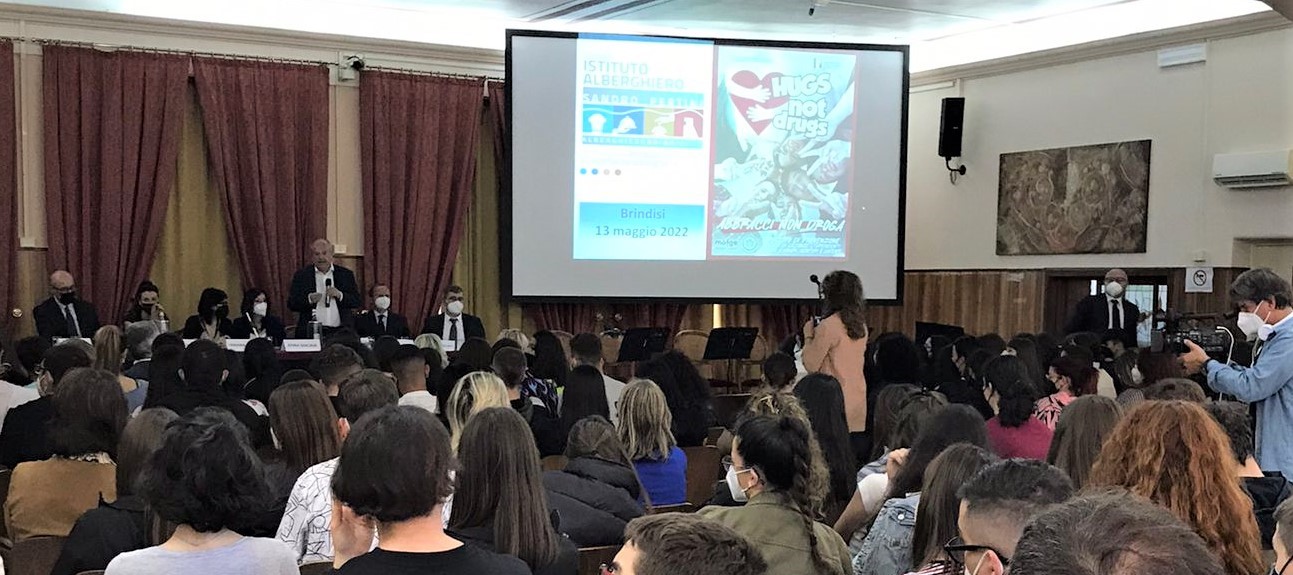
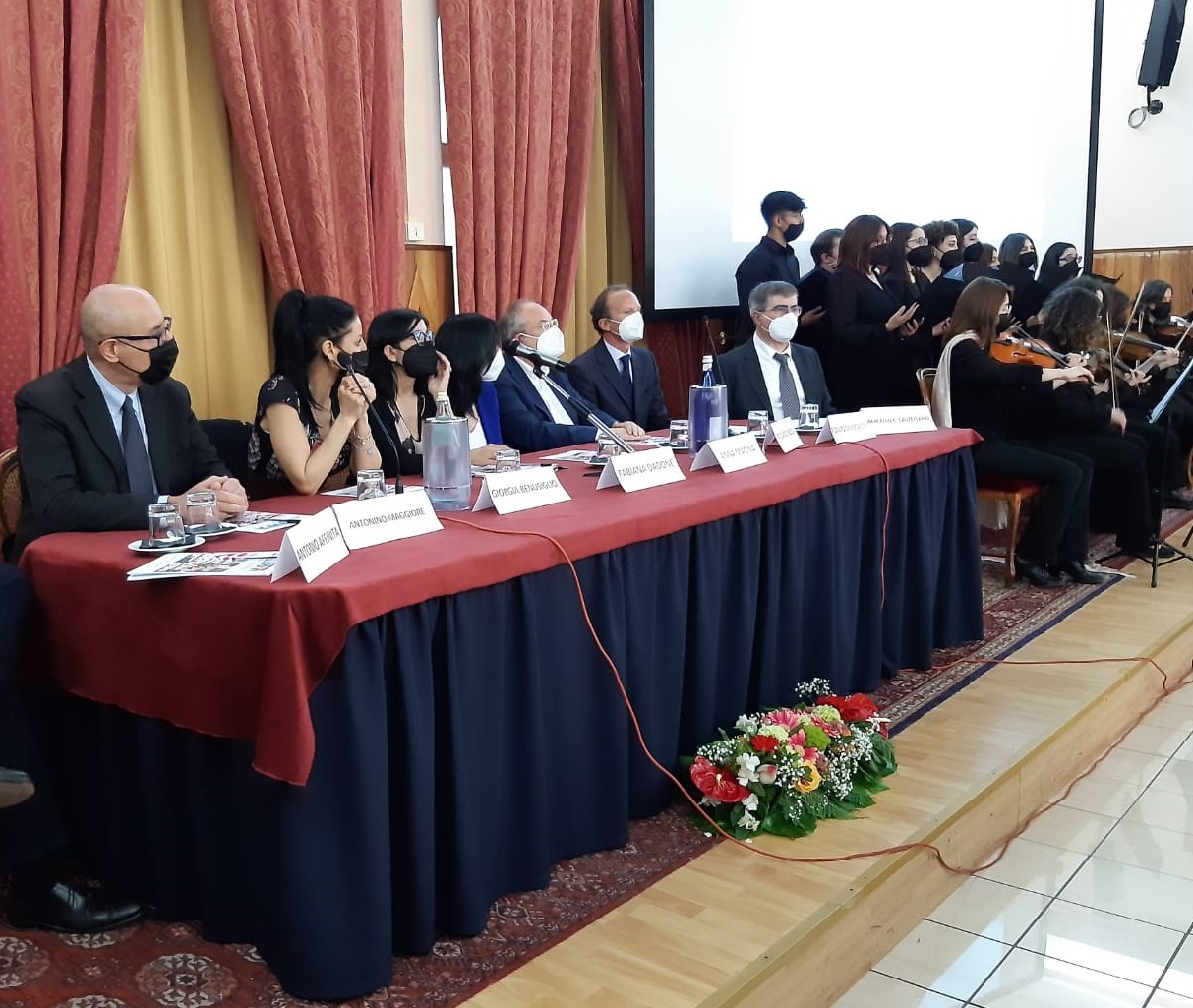
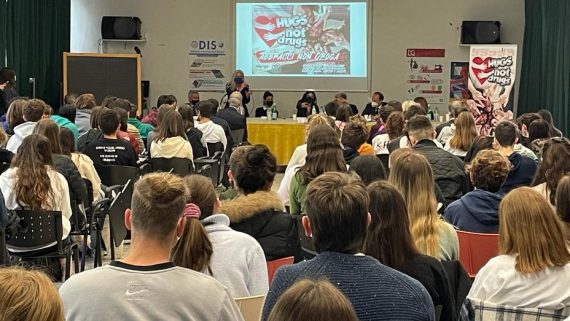
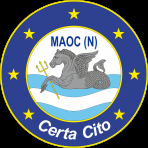
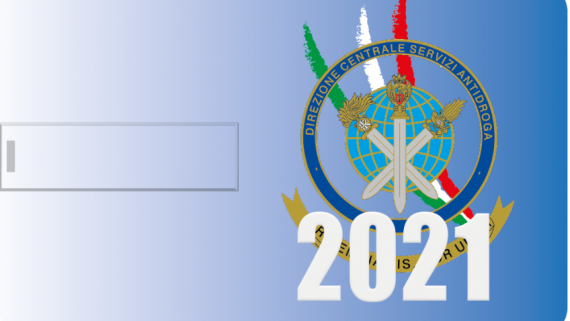
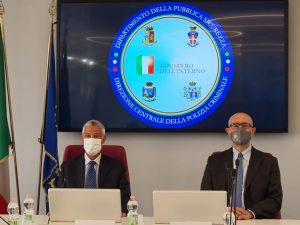
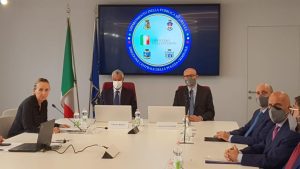 Questa mattina, a Roma, presso la “Sala De Sena” della Direzione Centrale della Polizia Criminale, si è svolta la
Questa mattina, a Roma, presso la “Sala De Sena” della Direzione Centrale della Polizia Criminale, si è svolta la
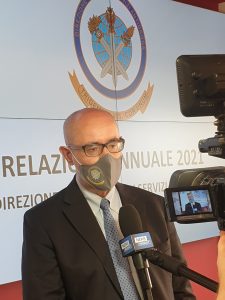
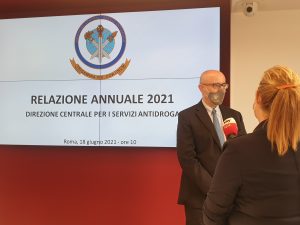 Qui il testo integrale
Qui il testo integrale 